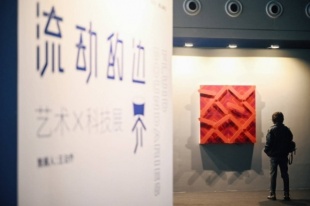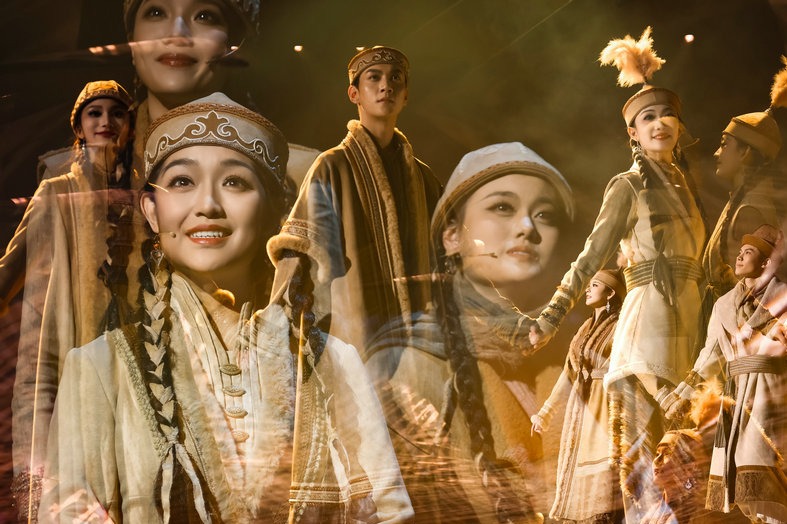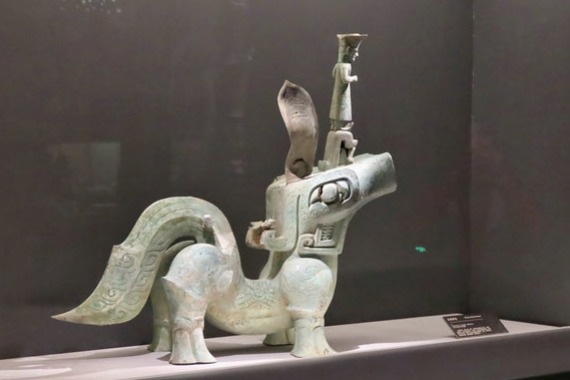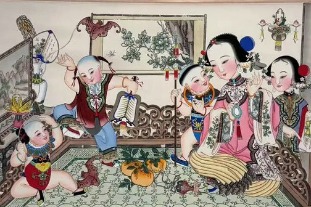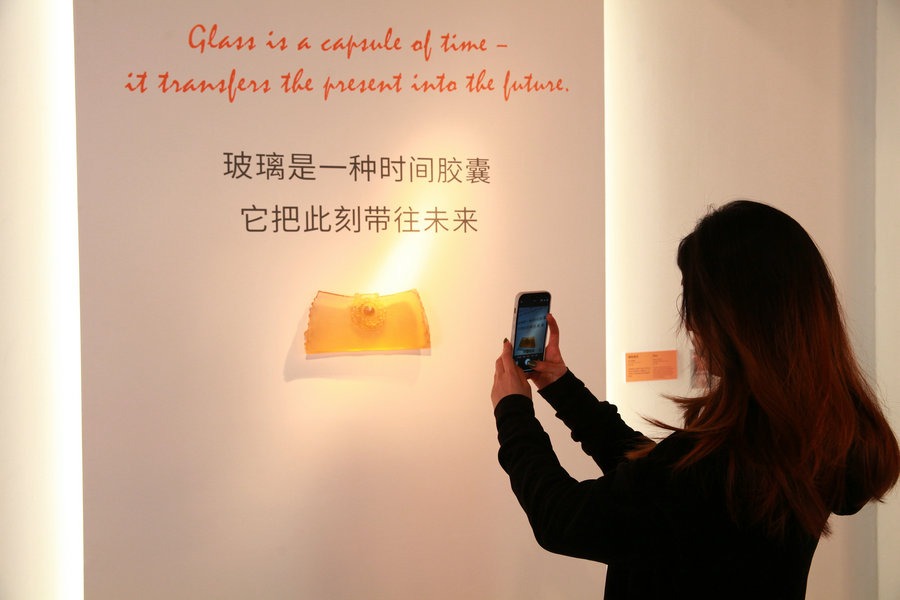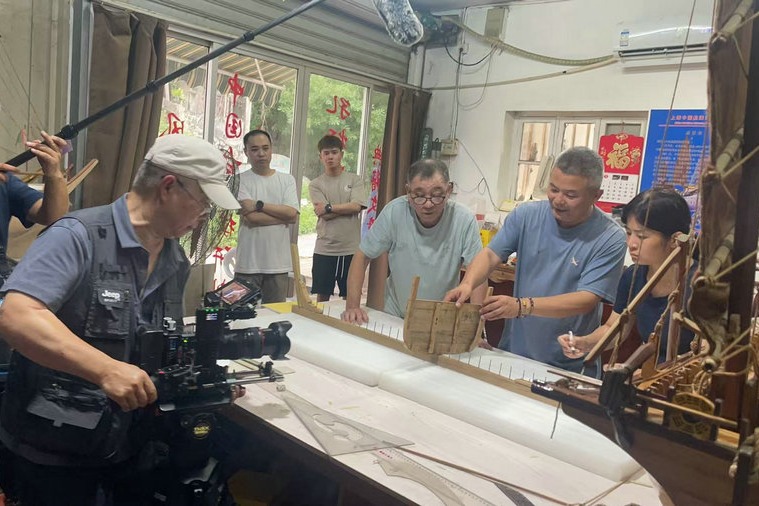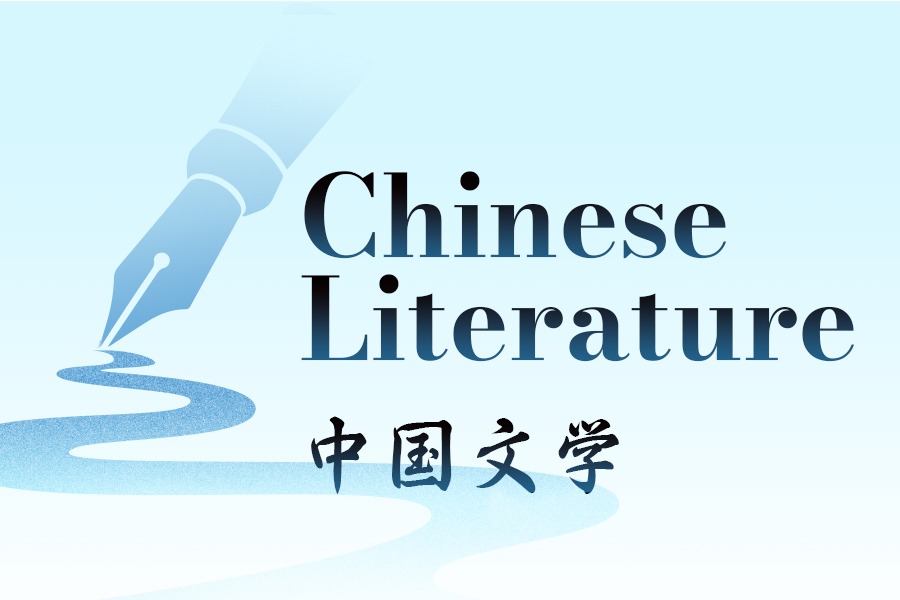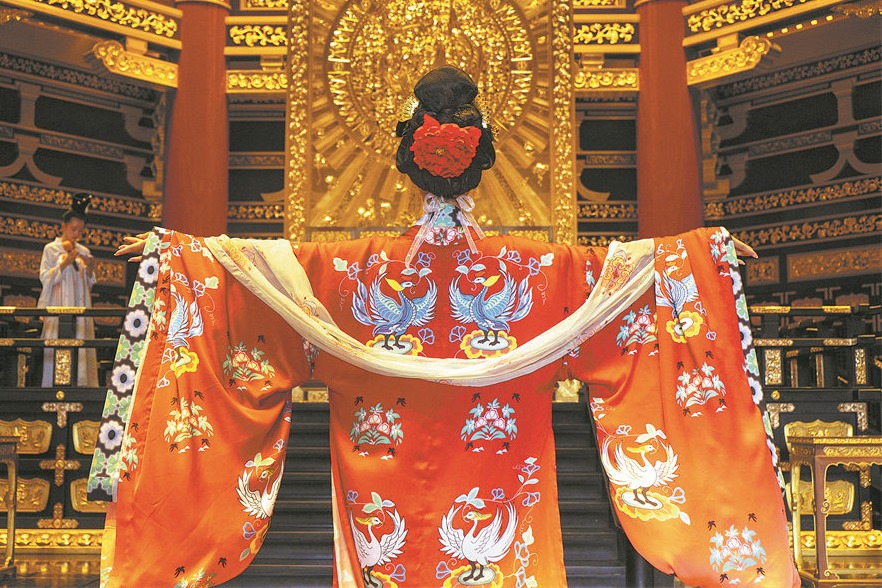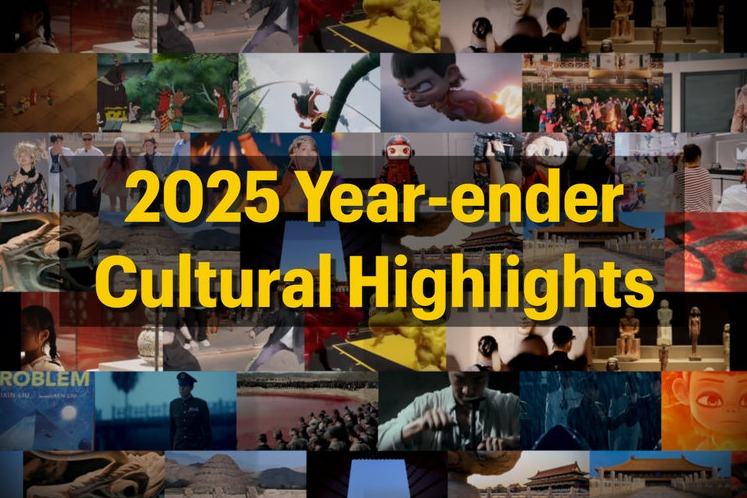Celebrities discuss 'fluid boundary' between science, culture

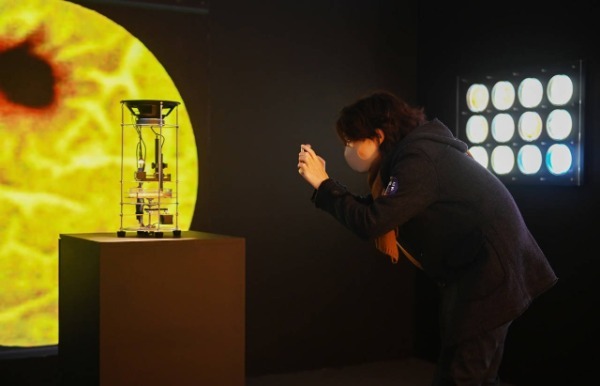
During self-quarantine to reduce COVID-19 infections earlier this year, Li Jingze -- deputy chairman of the China Writers Association -- spent his spare time reading more than 1,440 poems penned by Du Fu, one of the most famous poets of the Tang Dynasty (618-907).
Then an interesting hypothesis popped into Li's mind. "What if Du had a smartphone? If he had, at least one-fourth of his poems wouldn't be created," said Li, who also is a famous writer, during a recent summit organized by internet giant Tencent to discuss the "fluid boundary" between culture and science.
Li explained that a number of Du's poems were created under the theme of nostalgia, ranging from missing his hometown to family and friends.
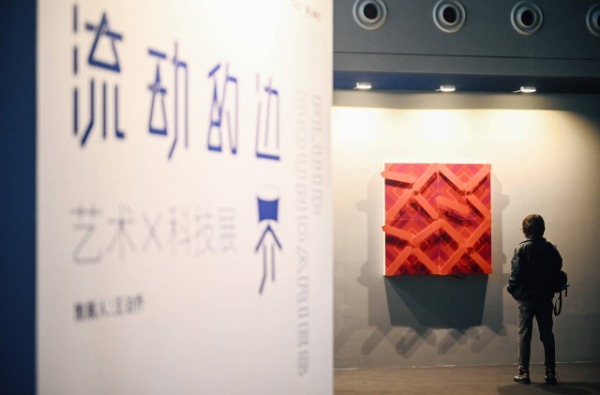
Echoing his words, historian Ge Jianxiong said that the development of science has exerted a huge impact over culture and literature.
Interestingly, Ge said he once had a similar thought that he believes a lot of influential literary works wouldn't have been created if communication wasn't as convenient as today.
Giving the example of Song Dynasty (960-1279) poet Su Shi, Ge says some of Su's well-known poems about missing his younger brother, Su Zhe, whom he was separated from for a long-time, also would not have been created if Su Shi had a cellphone to speak to his brother instantly.
Novelist Zhang Wei, more famous under his penname, Tangjia SanShao, said the internet's rapid expansion has provided an unprecedented platform to accelerate exchanges between creators and readers.
Statistics from the China Writers Association show that more than 17 million writers are registered as its members, with approximately 700,000 being professional writers focusing on penning stories for websites.
China's online literature has expanded from a newborn to a huge market in just 22 years, with the development of technology and internet, Zhang said.
The internet has eased the publication process for writers, allowing more literature enthusiasts to cut through the red tape of the traditional business model of publishing to share their stories faster and more conveniently with readers.
About 10 celebrities and scholars, alongside more than 200 participants, attended the summit held in Beijing in late November.

"Technology and culture are both indispensable forces in the development of human society. In the wake of COVID-19's spread, the value of both has been highlighted," said Cheng Wu, vice-president of Tencent.
He added emerging science and culture could bring hope and strength to the world in this usual year, exemplified in that a lot of musicians and artists use the internet to encourage and cheer up netizens around the world via videos recorded in their homes.
Aside from the summit, Tencent also held a three-day exhibition to showcase 10 works of modern art, which all explore the merging of science and culture.


